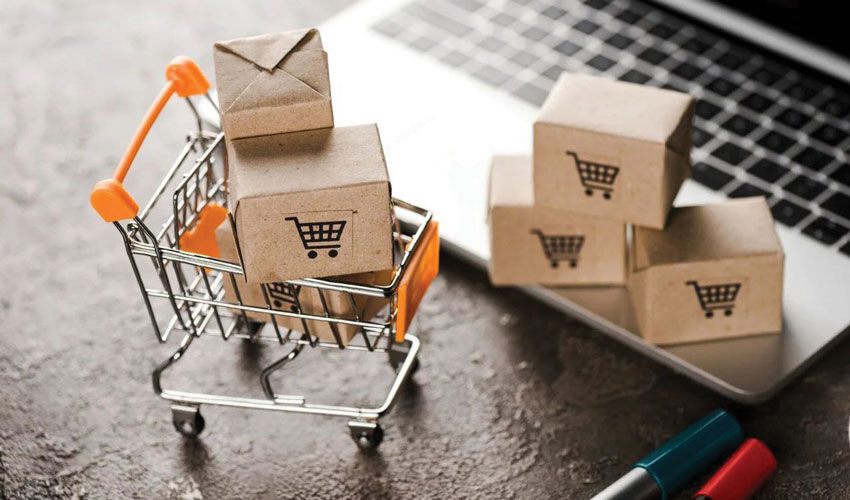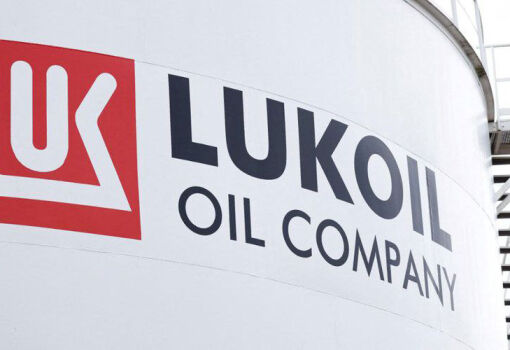
The statement was made in response to the demands of Moldovan businesses to impose VAT and customs duties on all goods from third countries, as well as to oblige foreign online stores to register and pay taxes.
According to official data, in 2024, the postal services market revenues grew by 35% to 633 million lei. At the same time, incoming international traffic (namely, parcels!) accounted for almost half of the total revenue of postal services.
The facts are impressive: last year, 10 million parcels with goods worth about 30 euros each were imported into Moldova. Only through Nova Poshta, 3 mln parcels with clothes, footwear, cosmetics, electronics and household appliances entered the country, most of them from the famous sites Temu, Joom, Aliexpress, iHerb, Shein, MakeUp, etc. Thus, the annual turnover of the foreign parcels market in Moldova is estimated at least 300 million euros.
At the same time, almost all marketplaces (both Chinese and American) do not pay import duties and VAT, which reduces the final cost of their goods in Moldova by 30-35%. As a result, free parcel trade resulted in the state budget underpaying more than 1.3 billion lei in VAT, customs duties and income tax.
Moldovan merchants emphasized that unequal conditions in the absence of taxation of parcels worth less than 150 euros seriously hit legal business: sales of mass goods decreased by one third. And in all local trade formats – both offline and online.
According to Mircea Baciu, the owner of the Bomba chain of stores and Grand Hall shopping center, besides the tax component, marketplaces have no other costs, so the cost of the same product is reduced by at least a third. “The same Chinese Temu has no certification system, no translation of instructions, as well as – after-sales service of goods coming to individuals. All logistics (air delivery) is subsidized by the Chinese government: on average, the delivery of one order to Moldova costs $0.5-$1. This leads to the ease of violations, when one person can clear 10-50 parcels per month “for himself” and then sell the goods through the same social networks”.
The businessman noted that there are also problems with quality control. While local importers are obliged to undergo inspections by the National Public Health Agency, goods from marketplaces bypass sanitary control and all bureaucratic barriers.
“We tried to bring into Moldova sports nutrition goods of a very famous brand from the USA,” emphasized Mircea Baciu. – One such shipment was estimated at $150 thousand, but we could not do it because of bureaucratic obstacles. Whereas on iHerb people can freely order the same product – without certificates, without quality control and without translations of instructions. The same applies to medicines, dietary supplements, and medical cosmetics. And we are not talking about small orders of $50, but about sums of $1,000 and more”.
According to Sergiu Rabei, owner of trading company BRG Solutions, no one can answer logical questions for businesses. “In the case of parcel trade, who is responsible and organizes the transportation of goods to courier services? Who is responsible for the safety of the goods brought into the country? Who is responsible for the amount of waste brought into the country and its recycling? How can we be sure of the real value of imported goods? From the answers it will be obvious that all these goods come to Moldova in an organized (!) flow. And we still have no legal mechanism to control the import of goods into the country through external collection. This leads to fraud, budget losses. But most importantly, it aggressively pressurizes Moldovan merchants, who are on the verge of bankruptcy due to a significant drop in legal sales”.
The retailer pointed to the experience of the European Union. In the EU, they started to solve the dominance of imports through the postal channel a few years ago: there, the volume of cheap parcels reached 4 billion euros.
Now any parcel from outside the EU is subject to VAT, regardless of its value. The IOSS (Import One-Stop Shop) system has been introduced – online sellers (including platforms like AliExpress, Temu and Shein) are required to register and pay VAT. The EU also operates the ICS2 advance notification system: every parcel must be accompanied by accurate digital information about its contents, value and sender. In addition, the EU has introduced limits on the number of parcels from one seller.
|
Example of how different countries’ customs work with imported parcels |
|||||
|
Country |
VAT on 1€ | Duty free threshold | Max. number of risk-free parcels/month | Typical checks |
Comments |
| Germany | Yes |
No |
3-5 parcels/month | Verification of value, CE, frequency of receipt | Very strict control, active participation of Zoll |
| France | Yes |
No |
2-3 parcels/month | Checking fashion/cosmetics, brands | Frequent blocking of fast fashion and fakes |
| Poland | Yes |
No |
Up to 5 parcels/month | Undervaluation, IOSS, volume | Active control via mail and InPost |
| Romania | Yes |
No |
Up to 4 parcels/month | Checking platforms (AliExpress, Shein), underestimation | B2C recipient registry planned |
| Italy | Yes |
No |
3-4 parcels/month | Checking fashion, electronics, CE marking | Increased checking for false declarations |
During the Club meeting, representatives of the Ministry of Finance, Customs Service and State Tax Service said that the international mail and E-commerce sectors are “under increased scrutiny”.
Corina Alexa, head of the General Department of Tax and Customs Policy of the Ministry of Finance, said that the institution has been monitoring the dynamics of cross-border trade through postal items for more than two years and constantly analyzes data on their volume. Thus, in the first half of 2025 alone, the number of parcels increased by 20 percent and budget revenues increased by 15 percent thanks to the regulation of parcels valued over 150 euros. The institutions conduct periodic monitoring and analyze the mechanisms already implemented at the EU level, including considering the possibility of applying a similar policy in Moldova.
Corina Alexa specified that the measure is planned to be launched in the fall, which will gradually reduce the maximum exemption from 150 euros. But most importantly, the possibility of taxing parcels, regardless of their value, is being considered.
State representatives noted the lack of a legal framework for the implementation of some of the measures proposed by business. However, they assured that a package of amendments related to this sector is being prepared in the fiscal policy for 2026. This project this year will be considered a little later than usual – after the formation of the new Parliament.



